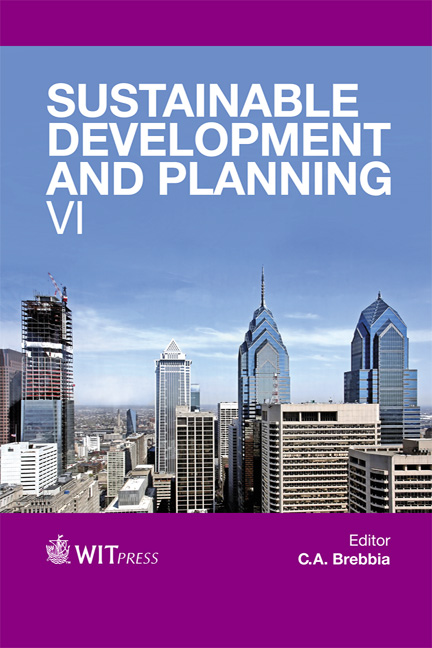From Order To (dis)order In The Land Reform Programme Of Zimbabwe: Was Environmental Sustainability Retained?
Price
Free (open access)
Transaction
Volume
173
Pages
10
Page Range
101 - 110
Published
2013
Size
86 kb
Paper DOI
10.2495/SDP130091
Copyright
WIT Press
Author(s)
E. Kori
Abstract
Land reforms have occurred throughout the world for different reasons including the need to change patterns of land ownership or land use. In Africa, such reforms aim to redress the discriminatory colonial land policies by providing the poor and disadvantaged with arable land. To be successful, land use options within a land reform programme should incorporate not only social and economic viability, but environmental sustainability as well. One of the vexing challenges facing policy makers is how to redistribute land and at the same time ensure productivity and ecological sustainability. Critics of the Fast Track Land Reform Programme (FTLRP) in Zimbabwe have often characterised this challenge as a remnant of the government’s move from the orderly willing buyer willing seller to the ‘disorderly’ command driven approach. Using the Ecological Footprint accounting approach, this paper endeavours to determine whether the change from willing-buyer-willing-seller to FTLRP compromised the environmental sustainability of the resettled areas. Data were collected from both primary and secondary sources in Chirumanzu District, Midlands Province of Zimbabwe through household questionnaires and key informant interviews. Results reveal that despite the change in the land reform approach, there is a generally environmentally sustainable situation prevailing in both the orderly and the (dis)orderly FTLP resettled areas. Contrary to popular view, both areas produced an ecological reserve. Such results may lead one to conclude that although there was a major shift in the land reform approach, the orderliness was not lost hence environmental sustainability was retained.
Keywords
land use, ecological resources, resettlement, land reform





